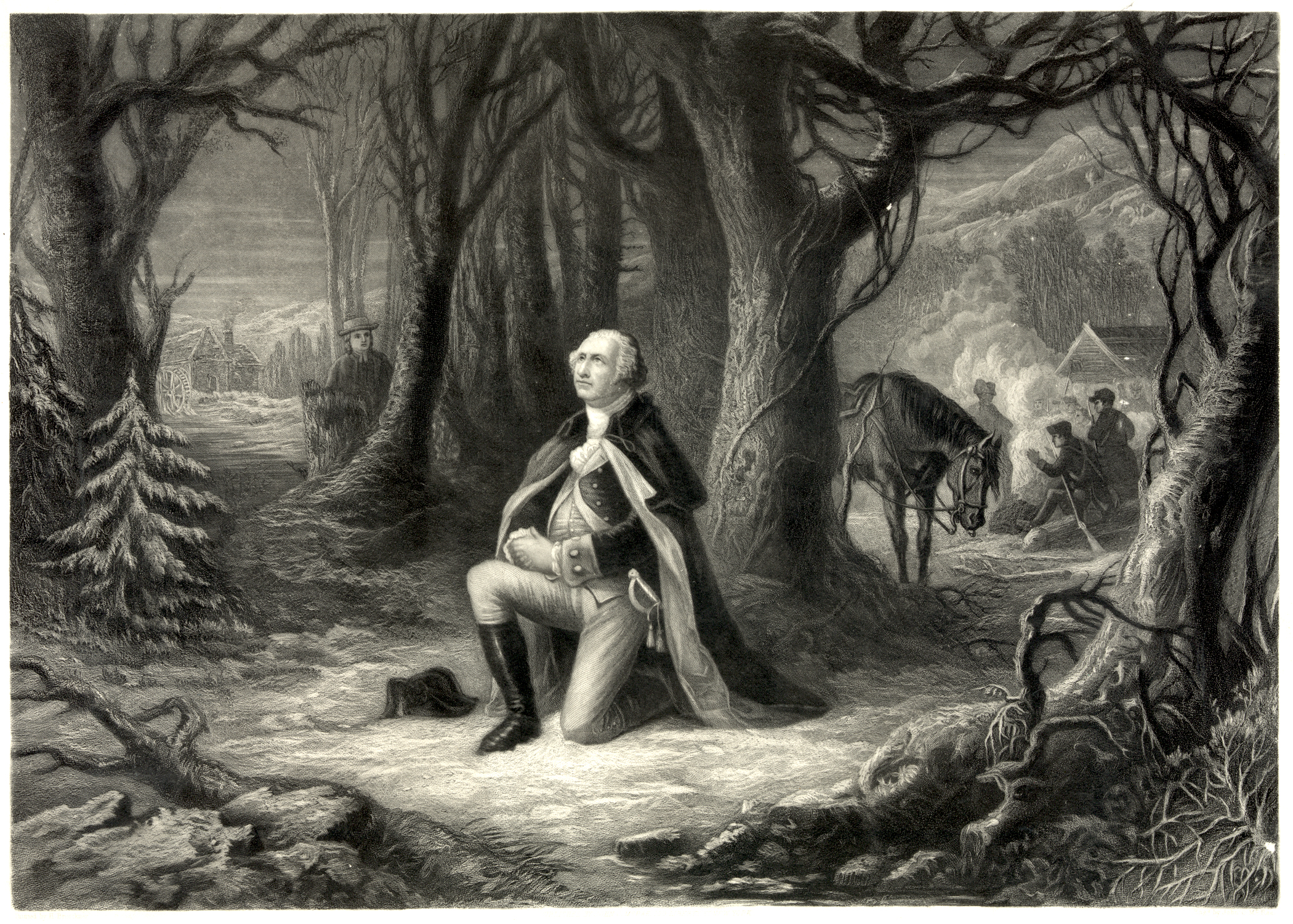The Founders' Awareness of the Sinful Nature of Man and How It Relates to the U.S. Constitution
The Founders' View
James Madison once said, "What is government itself but the greatest of all reflections on human nature?" In other words, a country's general view about the nature of man has a direct impact on the form of government that manifests for that country. For example, the rise of the Soviet Union in Russia led to a major degeneration of religious thought and practice in government, as well as within the life of the commoner; The Soviet government wanted to break any tie between man and God's divine authority, to justify their hyper-authoritarian concentration of power.
Our founders had the opposite idea. The United Sates was founded upon Christian principles with the understanding that God's law reigns above all else. Beliles and Anderson writes, "Our Founders, while not all Christian, firmly believed in the Biblical ideas of man and government implicit in a Christian union. They believed man’s sinful nature meant that he should not be entrusted with too much power, even if he was regenerated through the blood of Jesus Christ." If we can agree that the Word of God should supersede any Will of man, then why would we give any more power, than need be, to any man/mortal being? We wouldn't and shouldn't. The government exists to fulfill the Will of God under Christian principles. Nothing more.
Constitutional Structures
Not only did our founders understand the importance of the Christian religion within our society, they built a number of constitutional structures in which the Bible is the basis. These structures allowed our government to function as a medium for God's Will, which include representative government, separation of powers, federalism, prohibition of government involvement in religion, education, and media, and permanent union.
The concept of a representative government didn't manifest out of thin air. We can pull examples of this concept straight out of the Bible. For example, in 1 Timothy 3 and Titus 1:6-9, the churches were advised to choose elders and representatives, or deacons, and to do so applying qualifications that God had given them. In the U.S. Constitution, specifically Article IV, it states that the federal government shall guarantee that each state has, "a republican form of government." According to Noah Webster, a Republic is form of government in which, "exercise of sovereign power is lodged in representatives elected by the people."
The concept of separation of powers also exists with Biblical roots. According to Isaiah 33:22, "the Lord is our judge; the Lord is our lawgiver; the Lord is our King." The trinity presented in this passage is identical to the trinity, or three branches of government, set by our founders, the judicial, legislative, and executive. This was intentional. With the understanding of the sinful nature of man, came the understanding that this sinful nature should not possess too much power. Governmental power should be split and allowed to be checked and balanced by one another in order to prevent corruption and tyranny.
Federalism, like the separation of powers, sought to further divide governmental power, specifically between the national, state, and local levels. The federal government is only delegated specific powers over the others. However, all non-delegated powers are granted to the states via the 10th Amendment. We can see a similar form of dual government in the Bible. Beliles and Anderson writes, "The great bulk of power in church government resided at the local level, in each congregation’s local presbytery of elders . . . Yet there was also a limited measure of authority exercised by the apostles and prophets in the mother church at Jerusalem, which was binding on the local churches."
The prohibition of government within certain aspects of society was a deliberate action by our founders to establish a limited government, granted with only 18 delineated responsibilities. The Constitution makes it clear that it is the people of this country that delegate the power of government, and the only power the government possesses is what it has been delegated. Biblically, we can study the book of Deuteronomy in which the government of Israel is described to have limited powers over the country.
Finally, the concept of a permanent union between the states has been established by the founders through the Constitution. This union can be compared to the Biblical accounts of union when reading about marriage or Church. However, in order to have a successful external union between federal and state governments, there must also be a successful internal union between the individuals residing within the country; Specifically, there needs to be an ideological understanding between countryman where we recognize the divine authority of God despite our differences
Table of Authorities
Anderson, Mark A. Beliles, Douglas S.Contending for the Constitution: Recalling the Christian Influence on the Writing of the Constitution and the Biblical Basis of American Law and Liberty. Providence Foundation, 2005. [Liberty University Online Bookshelf].

Comments
Post a Comment